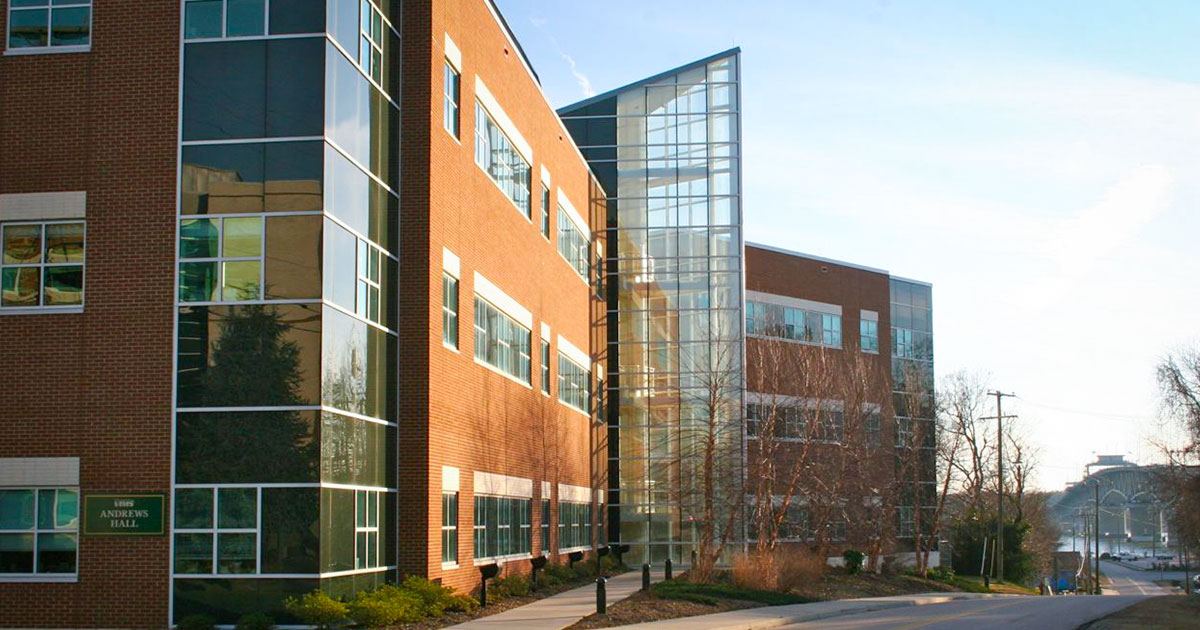2009 After Hours Lectures
Is there oil on our horizon?
(October 22, 2009) VIMS professor Woody Hobbs describes the geologic likelihood of petroleum discovery on Virginia’s continental shelf and potential environmental issues related to oil extraction and refining. Recent legislative and executive actions have opened the possibility of gas and oil drilling in Virginia’s offshore waters.
Is our energy future blowing in the wind?
(September 24, 2009) VIMS alumnus Charles Natale explores the environmental opportunities and regulatory challenges associated with development of offshore renewable wind energy projects along the US East Coast and in Virginia. Natale is President and CEO of ESS Group, Inc., one of the Northeast’s largest environmental consulting and engineering companies. ESS has been actively involved in the siting, design, and permitting of the 420 MW Cape Wind project, the nation’s first offshore wind farm, which will be located in Nantucket Sound, Cape Cod, Massachusetts.
A Tale of Two Coasts: The Mississippi Delta and Chesapeake Bay
(August 27, 2009) VIMS Dean and Director John Wells, a member of the Louisiana Coastal Protection and Restoration Science Board, describes efforts to restore and manage the Mississippi Delta, and how the lessons learned there apply to Chesapeake Bay. Hampton Roads trails only New Orleans atop the list of U.S. coastal areas at risk to the impacts of hurricanes, subsidence, and climate change.
Winter in July: VIMS Research in Antarctica
(July 30, 2009) VIMS Professor Deborah Steinberg describes VIMS’ diverse research efforts in the waters around Antarctica. Teams of VIMS scientists are frequent visitors to the coastline of the southern continent, and play a key role in the quest to understand Antarctic marine ecosystems and their response to climate change. Steinberg is part of the Long-Term Ecological Research Program (PAL-LTER) at the United State's Palmer Research Station on the Antarctic Peninsula.
Closed to Swimming? Human Health and the Chesapeake
(June 25, 2009) Beaches across the country posted warnings to swimmers on more than 20,000 days last year because of high levels of harmful bacteria. Shellfish harvesting is restricted in many areas because of contamination. And what about handling striped bass infected with mycobacteria? VIMS Professor Howard Kator describes these organisms and their ecology and helps you weigh the risks involved when recreating in and around Chesapeake Bay. Kator is Chair of the Department of Environmental and Aquatic Animal Health at VIMS.
Underwater Robots: A Revolution in Oceanography
(April 30, 2009) VIMS Assoc. Professor Mark Patterson offers a multimedia exploration of submarine robots and their potential for exploring Chesapeake Bay and the global ocean. Patterson’s Fetch robot has accomplished a number of scientific and technological firsts during missions to Chesapeake Bay, Antarctica, the Caribbean, and Iceland. The talk will include numerous video clips showing Fetch in action.
Blue Crab Blues
(March 26, 2009) Blue crabs, key players in the ecology, economy, and culture of Chesapeake Bay since the colonial era, are in trouble. VIMS researcher Jacques van Montfrans describes the life of blue crabs in the Bay, as well as current management issues surrounding the blue crab fishery in Virginia and Maryland.
Not your grandfather’s Chesapeake: How humans and climate change are altering the Bay’s fauna
(February 26, 2009) VIMS Asst. Professor Eric Hilton explores how human activities and climate change promote the invasion of non-native species in Chesapeake Bay, and how these invasives may impact the Bay ecosystem.
State of the Oyster 2009
(January 29, 2009) Oysters, long a mainstay of the Bay economy, are now scarce and restoration is challenged by both disease and degraded environments. VIMS professor Mark Luckenbach describes the current status of oyster restoration efforts in Chesapeake Bay, particularly in light of the Spring 2009 release of the final environmental impact statement considering potential introduction of a non-native.

